Passport control at Gatwick Airport.
We should beware of paying more attention to a writer's nationality than their fiction.
In the literary world, there is perhaps nothing more insulting than being labelled "insular". Any accusation – such as Nobel prize permanent secretary Horace Engdahl's 2008 comments about the parochialism of American letters – is damaging, hurtful and also guilt-inducing. Insularity, after all, is inimical to literature, the opposite of fiction's artistic goal of understanding others. And it's not just writers who are shamed by the allegation. Publishers and, by implication, readers are often indicted on similar charges, their rigid tastes blamed for the shockingly low availability of fiction in translation.
The idea of insularity cropped up in a hugely enjoyable and occasionally bristly recent panel discussion between Aleksandar Hemon, AS Byatt and Tom McCarthy. Together to celebrate the launch of Best European Fiction 2010 – which Hemon edited – the three novelists gave a fascinating insight into what European fiction meant to them, where its boundaries were drawn and what, if anything, bound it together. While the conversation was provocative and illuminating, it was a single comment from AS Byatt that stuck with me as I picked up the anthology later that night. Byatt – about whose fiction I may be critical, but whose understanding, perception and passion for world literature is inspiring – mournfully bemoaned the fact that she knew only one Albanian writer, Ismail Kadare. It was a frustration that seemed both entirely genuine and at the same time slightly acquisitive – as though she saw literature as a sort of Risk board, with Albania a weak point of entry that needed bolstering.
It wasn't hard to see her point: for a reader as avid and engaged as Byatt, to be ignorant of writing from anywhere on the globe is to miss out on new voices, new methods of expression, new windows on different cultures. But to me she seemed to be going at it all wrong. Does it really matter that she's only read one Albanian novelist? Is it acceptable to know two Belgian writers but for them both be Francophone rather than Dutch speaking? In short, does it really make a difference where the hell these people are from?
If there's an answer to this question, Best European Fiction 2010 isn't the place to find it. It does not claim to be a complete overview of a continent's literature, nor does it confer national-writer status on those sandwiched between its yellow covers. As Zadie Smith writes in her preface, "Anthologies are ill-fitting things – one size does not fit all." What it offers, instead, is a partial snapshot of Europe's concerns, a whistle-stop tour of old and emerging literary territories, some of which are familiar (Alistair Gray's Scotland; Victor Pelevin's Russia), others discovered for the first time.
Hemon has done an astonishing job in lighting up the map of Europe, opening the doors to these writers, many of whom – Michał Witkowski, Antonio Fian and Ornela Vorpsi in particular – I hope will become more widely known in the English-speaking world. But it hasn't encouraged me to seek out more Polish, Austrian and Albanian literature. Nor has it made me feel that I need to look for countries not included in the collection and find out about their cultural heritage. Their sensibilities as writers are necessarily bound up in their particular upbringings and cultures: centring on them simply as Poles, Austrians or Albanians is to denigrate their status as authors. As readers we should resist tokenism as much as insularity.
It's anticipated that the Best European Fiction anthology will become an annual publication, which should go some way to bringing such exceptional voices to the attention of anglophone readers. If this is the case, this volume will certainly become a highlight of the cultural year. But I hope that in future editions, the writers will be arranged alphabetically, their country of origin left as nothing more than an interesting endnote at the back of the book.
--
Stuart Evers, Wednesday 27 January 2010




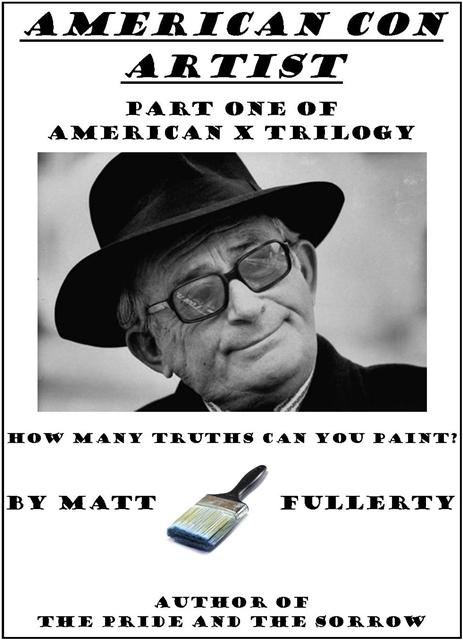cropped.jpg)
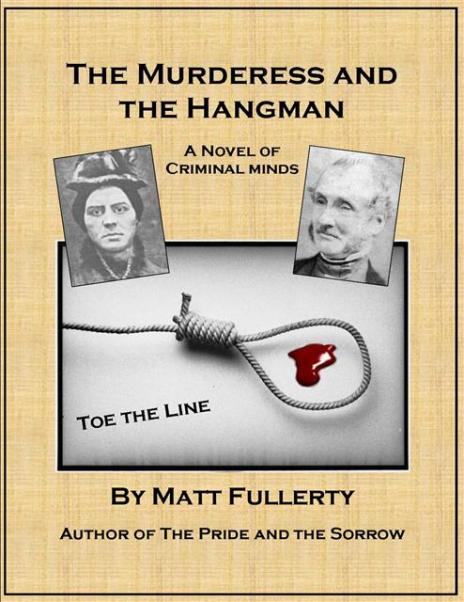.jpg)
cropped.jpg)
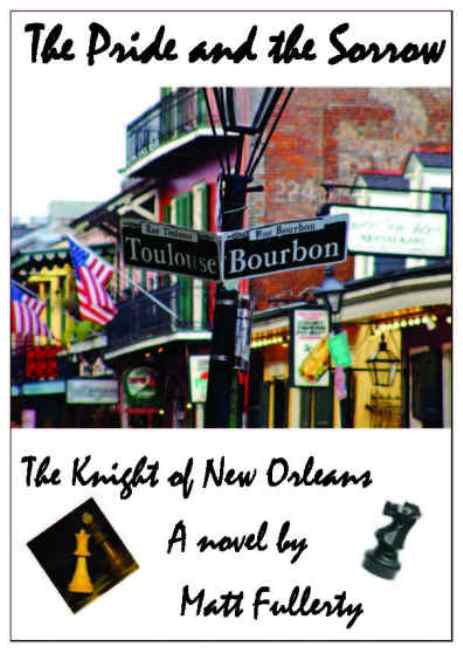2.jpg)
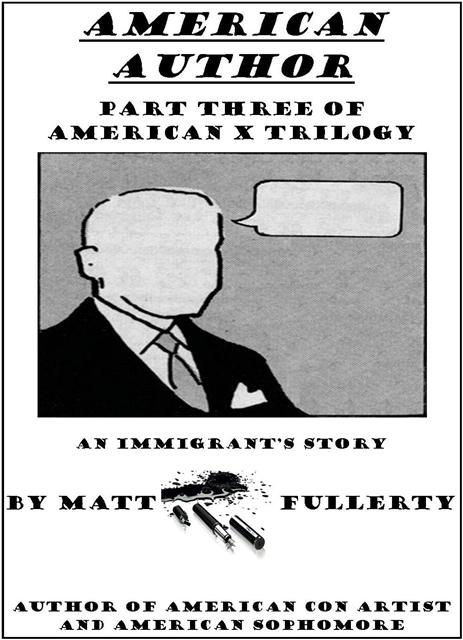Cropped.jpg)
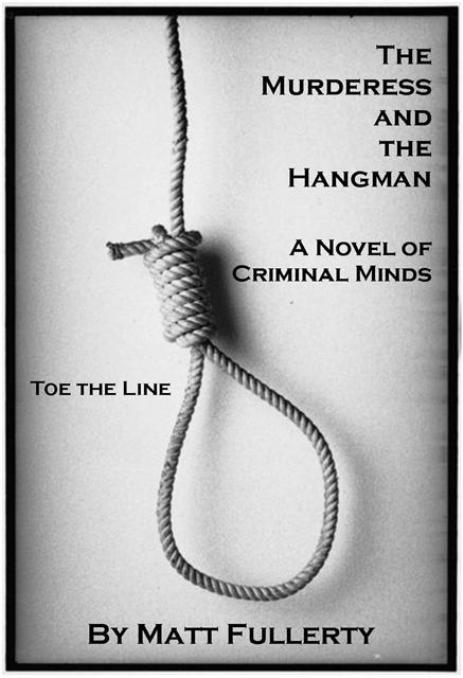cropped.jpg)
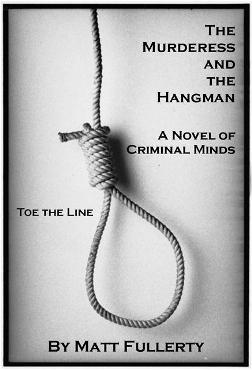4.jpg)























No comments:
Post a Comment